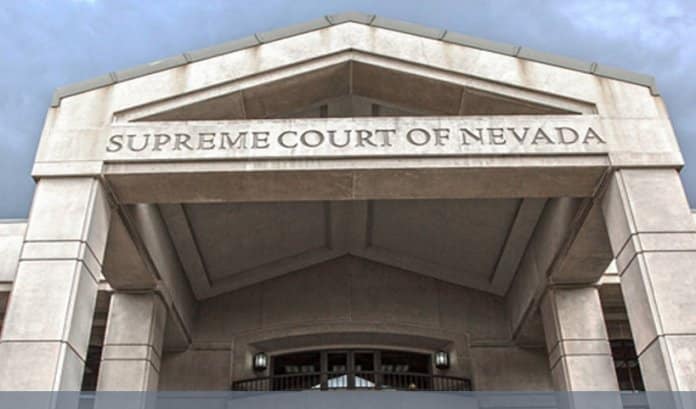ISAACSON LAW BLOG
Nevada HOAs Need to Know About Unenforceable Rules

Prepared by the Isaacson Law Firm
Navigating the boundaries between enforceable and unenforceable HOA rules is important for every Nevada HOA. While associations are empowered to promote harmonious, well-maintained communities, their authority is constrained by Nevada Revised Statutes (primarily NRS Chapter 116), federal law, and recent actions from the 83rd Legislative Session.
Below is helpful information for Nevada HOA rulemaking and enforcement.
Understanding HOA Rules
- HOA rules not only stem from Nevada law, but are based upon a community’s Covenants, Conditions & Restrictions (CC&Rs), and bylaws.
- They can govern property use of the common area property, community behavior, architectural standards, and more.
What Are Unenforceable HOA Rules in Nevada?
An HOA rule in Nevada is unenforceable if it:
- Violates federal or state law (e.g., NRS 116 requirements or the U.S. Fair Housing Act)
- Contradicts the HOA’s own governing documents
- Exceeds the board’s legal authority
- Was improperly enacted or noticed, failing required procedural steps
Categories of Unenforceable Rules
Rules cannot:
- Discriminate against residents on the basis of race, religion, national origin, sex, familial status, or disability per the Fair Housing Act and Nevada law.
- Ban satellite dishes or antennas outright due to the Over-the-Air Reception Devices (OTARD) Rule. Associations may only impose reasonable restrictions on size and placement.
- Prohibit or unreasonably restrict political signs (NRS 116.325). Homeowners can generally display political signs of not larger than 24” x 36”.
- The board failed to provide required notice or did not adopt rules in a properly noticed open meeting.
- The association failed to mail or deliver the new rules and give a 30-day notice period before they became enforceable.
- Homeowner input, voting, or recorded amendment protocols (per the CC&Rs or NRS 116) were not followed.
- No adequate records or meeting minutes were documented for the adoption.
- All rules must be enforced consistently. Selective enforcement, especially targeting protected classes, is grounds for legal action and potential liability.
- Rules dormant for years may lose enforceability if the board failed to act in a timely or consistent way.
- Fine or penalize homeowners unless acting within the CC&Rs and relevant statutes.
- Overstep their outlined powers in NRS 116.3102 or the association’s governing documents.
Best Practices for Boards to Avoid Unenforceable Rules
- Regularly review both NRS Chapter 116 and current federal law.
- Align new and amended rules with CC&Rs, bylaws, and recorded regulations.
- Ensure all rulemaking occurs through properly noticed open meetings, with detailed minutes.
- Provide homeowners with clear communications about every rule and any changes.
- Apply rules evenly and promptly across the entire community2610.
The Bottom Line
While Nevada HOAs maintain significant authority to protect property values and community standards, that power is not without limits. With oversight from the Nevada Real Estate Division, evolving statutes, and protections for homeowners’ rights, every rule must be legal, properly enacted, within the Board’s authority, and applied in a consistent manner.
Be sure your HOA is acting within bounds by consulting with HOA counsel for guidance on Nevada’s unique legal landscape, especially as new legislative changes take effect.

LOCATION
- (702) 529-2559
- 7575 Vegas Dr, Suite 150N, Las Vegas, Nevada 89128
BUSINESS HOURS
Monday – Friday: 8:30am to 5:30pm
Recent Blog Posts

HOA Fee Increases: Don’t Surprise Homeowners


Why “Failure to Communicate” Is a Violation

